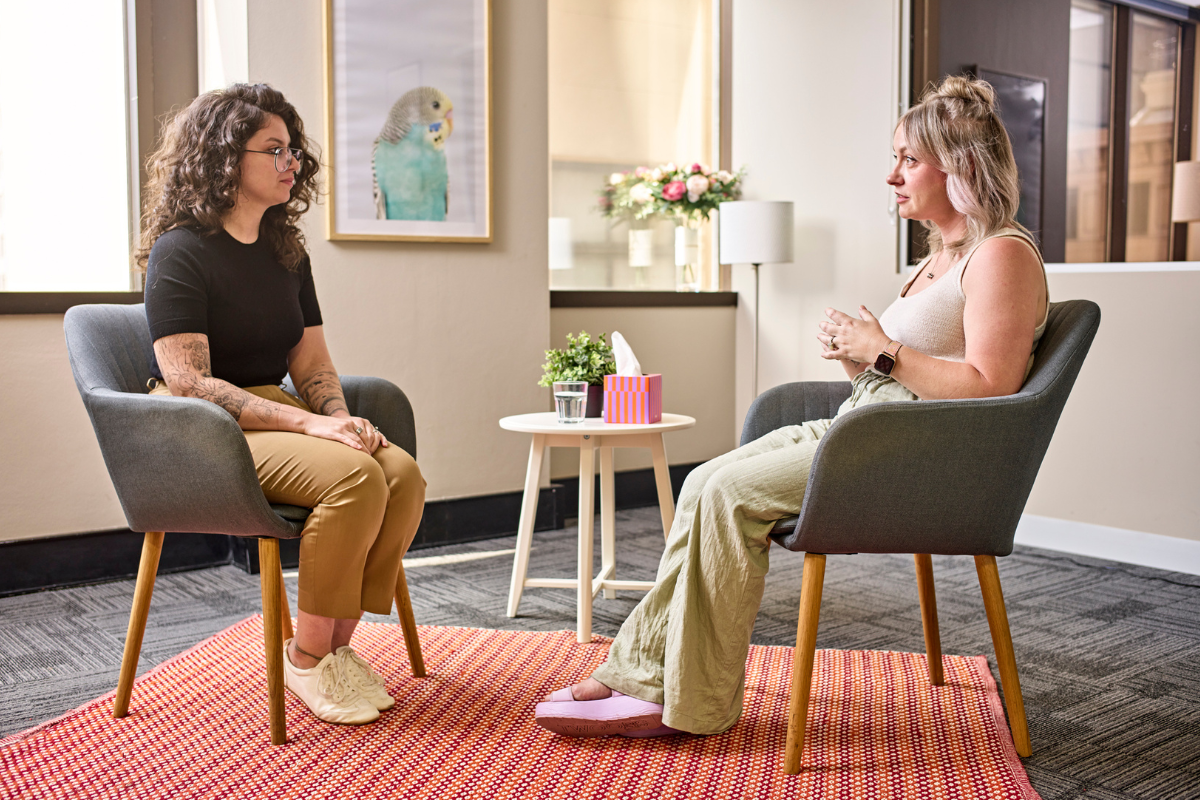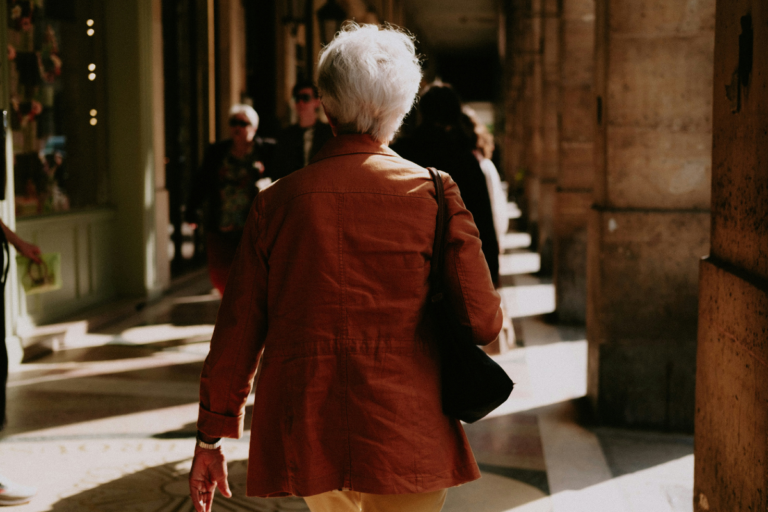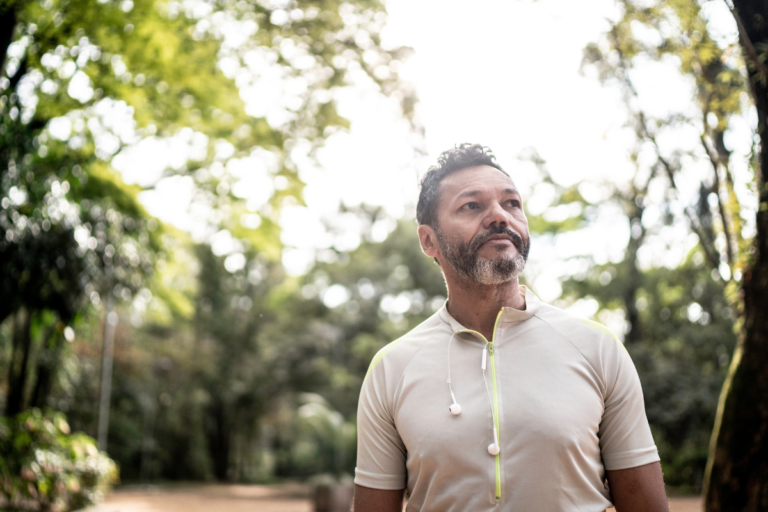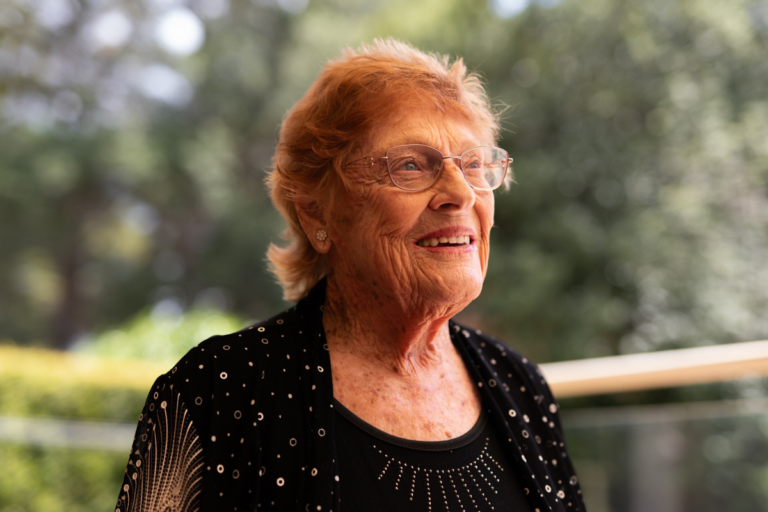When someone makes the decision to reach out for counselling, it can be filled with a lot of unknowns.
How long will it take? What will you have to talk about? Who will your counsellor be?
We know it can be an uncertain process, so we spoke with our counsellors for their advice and anything you need to know before your first individual counselling session.
What happens after I make an enquiry?
After you initially email or call us, our Client Services team will call you to understand more about what you are hoping to achieve from counselling and try to ensure we are the right service. This will include asking about the kind of challenges you’re experiencing and what help you’re looking for.
How long is the session?
Approximately 50 – 60 minutes.
If someone requires the support of an interpreter to take part in counselling, one will be booked for sessions, and the session time will be extended to accommodate the use of the interpreter. This expense is generally covered by Relationships Australia NSW.
I feel nervous to share my information with a stranger – should I be worried about privacy?
We know it can feel overwhelming and strange disclosing personal information to a stranger.
Before your first session, we will send you some information about privacy so you can be well informed. Your counsellor will also explain privacy and any limitations at the start of the appointment before you share any information in detail. Your counsellor will discuss with you the things they can do to make you feel more comfortable and keep checking in with you along the way.
What happens in the first session?
Your counsellor will usually begin by asking some general questions to get to know you and understand a bit more about your daily life and relationships.
They will then ask some questions about the issue that brought you to counselling. These might include how long it’s been a concern, if anyone else is involved, how it’s impacting you and the people around you, what you may have already tried, and what you’re hoping to achieve from counselling.
At the end of the first session, you may only have started to ‘paint a picture’ of what’s happening. However, just speaking out loud might help you to see things more clearly, or gain a different perspective to help you start moving towards change. You may decide to experiment doing things differently following your first session to see what happens.
Your counsellor will also discuss with you if you would like further sessions and what might be the most helpful next step.
Can I do the session online?
Yes – it’s important to us that counselling is accessible.
However, whenever possible, we encourage coming to the first session in-person, as it can provide a good foundation to move to online counselling, or a combination of both (if you would prefer that).
The experience of online counselling can be different for everyone. Some people enjoy having their session from the comfort of their own home, while others find it easier to connect with the counsellor in-person.
Occasionally your counsellor may decide they cannot be helpful to you meeting online and discuss coming in-person.
Can I see a particular counsellor?
If you particularly wish to see someone, we will try to accommodate that request, however it is not always possible. It might also mean you’ll have to wait until they have availability to see you.
Will they ask about my childhood?
Yes, they might. It’s important to remember that it’s always up to you to decide what information you choose to share. Counsellors are aware that it can take time for many people to get to know their counsellor and to be okay with being a bit vulnerable around sharing information.
If a counsellor feels it might be helpful to understand your childhood to support you with your goals for counselling, they may ask about your childhood. Most relationship counsellors will ask you a little bit about your family. Speaking about your family and how people related to each other in your family, might help you make links about how you participate in your relationships.
Do I need to do anything to prepare?
No, it is important to feel you can just come as you are.
However, if you want to take a little bit of time to think about the questions below, it may help you in your first session.
- What is the most important concern I would like to address in this counselling session?
- Is there any background information I think is important to share about this concern?
- What advice/ideas have I already been given from friends, family, a doctor, or other professional? What was helpful or unhelpful about this advice?
- At the end of my first counselling session how might I know that I have taken a step in the right direction?
Our individual counselling offers people a neutral space to explore their thoughts and perspectives with a third-party, and work on strategies for the future.
Related Services & Workshops
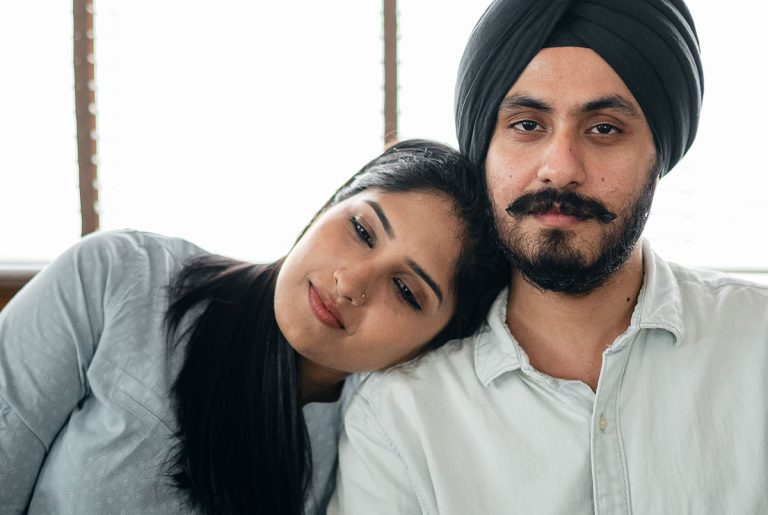
Counselling.Couples.Mental Health.LGBTQIA+
Couples Counselling
Relationships can be tough, and sometimes we all need some extra support and guidance to help us move forward. Couples Counselling at RANSW offers a supportive environment where you can discuss concerns, overcome tensions and strengthen your partnership.
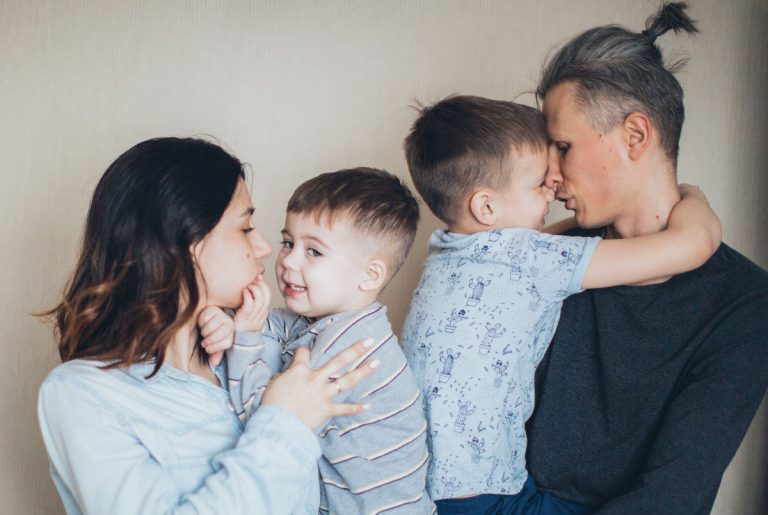
Counselling.Families.Life Transition
Family Counselling
Our trained and compassionate family therapists provide Family Counselling services online and in-person throughout NSW. Family Counselling provides a safe space to address problems, hear each other’s perspectives, overcome difficulties, improve communication, and restore and strengthen relationships.
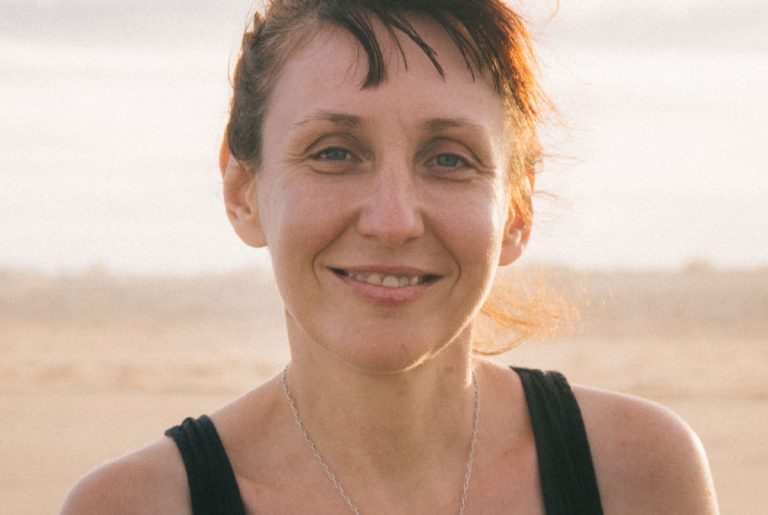
Counselling.Individuals.Older People.LGBTQIA+
Individual Counselling
Life can be full of ups and downs. While we may be able to overcome most challenges by ourselves, sometimes we need some extra support. Individual Counselling offers a supportive environment to identify and manage problems and concerns.


